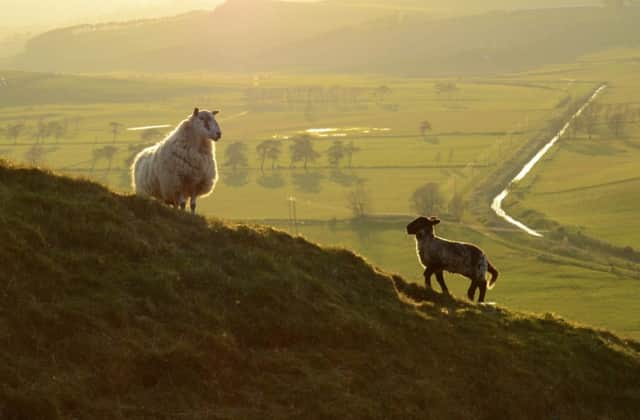Art of the possible concerns NFUS’s team


The union team is led by president Nigel Miller, who said prior to travelling: “Last week’s announcement meant that getting to Brussels to meet officials was a priority.
“Time is running out for Scotland to finalise its CAP implementation plans. We need a firm commitment and clarity from the Commission on what is permissible.
Advertisement
Hide AdAdvertisement
Hide Ad“CAP reform has still to deliver for Scotland. We have suffered the double whammy of failing to benefit from the convergence process and now we have had more flexible coupling options ruled out.
“As it stands, the European agreement on CAP will have failed to deliver vital convergence funding to Scotland and also left us without the necessary targeting options to provide appropriate levels of support to Scottish farmers in fragile areas.
“For most member states, with satisfactory budgets, securing this level of flexibility isn’t an issue – but for Scotland it is.”
Commenting specifically on the Commission not allowing the additional coupling of support, Miller said it would have allowed Scotland the opportunity to use the pot of funding allocated to the rough grazing region of Scotland in as smart a way possible.
With that possibility now ruled out, the main policy the union hopes will deliver for active Scottish farmers is one on the definition of recipients of subsidies having to have minimum levels of livestock.
“The use of a minimum stocking rate may ensure inactive land doesn’t soak up the rough grazing region pot but we also want to make sure those very extensive hill farms aren’t cut off from core support by that process,” added Miller.
l In a surprise move, Scottish director of the Food Standards Agency, Charles Milne, has announced he is standing down in order to take up an appointment as chief veterinary officer for the state of Victoria, Australia.